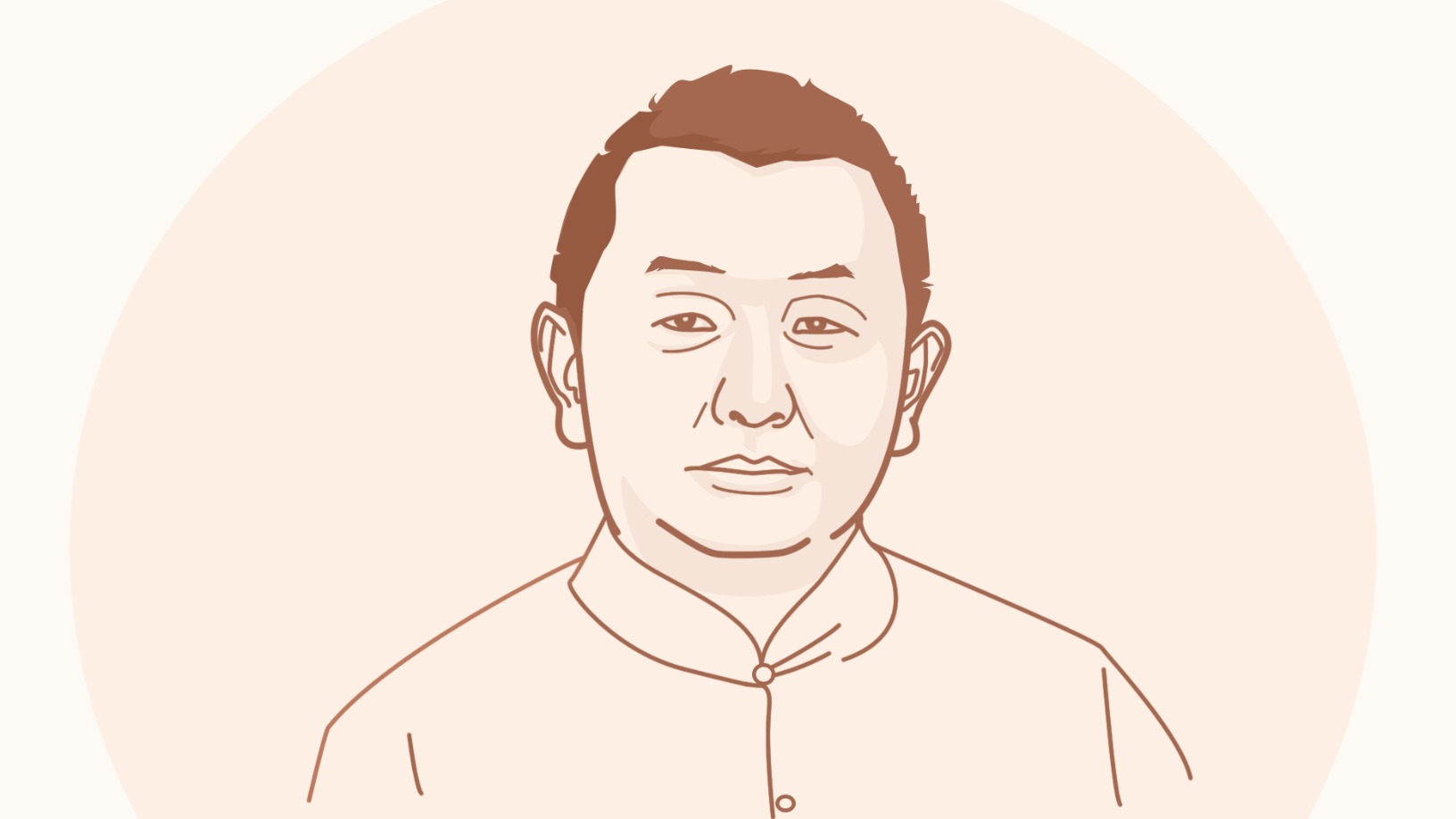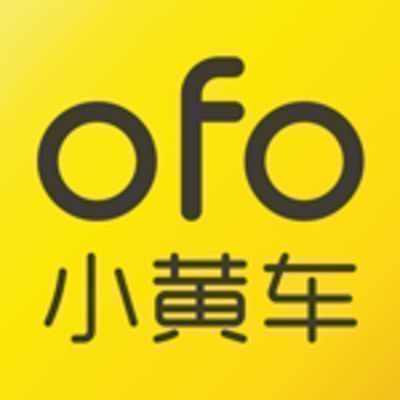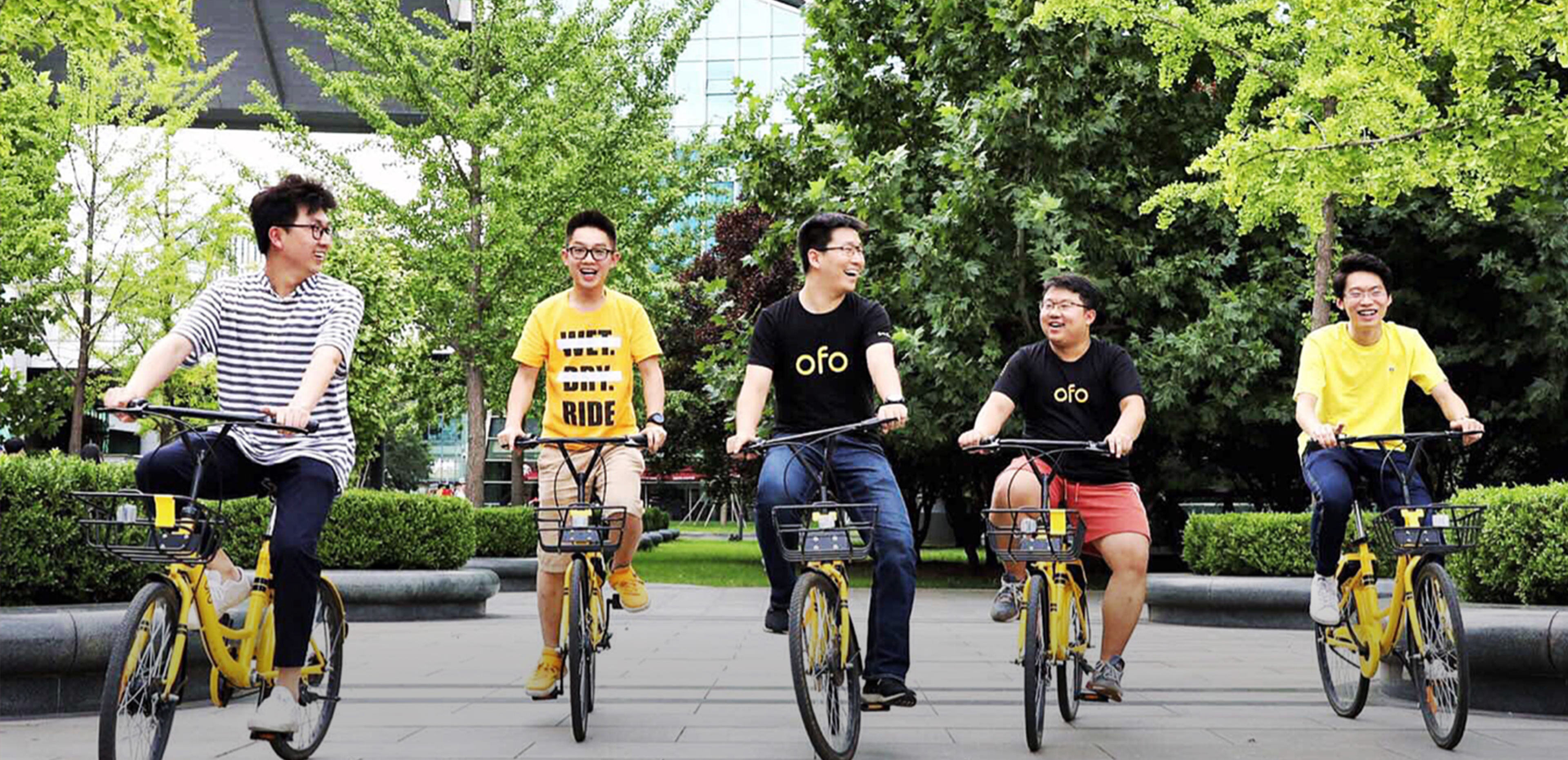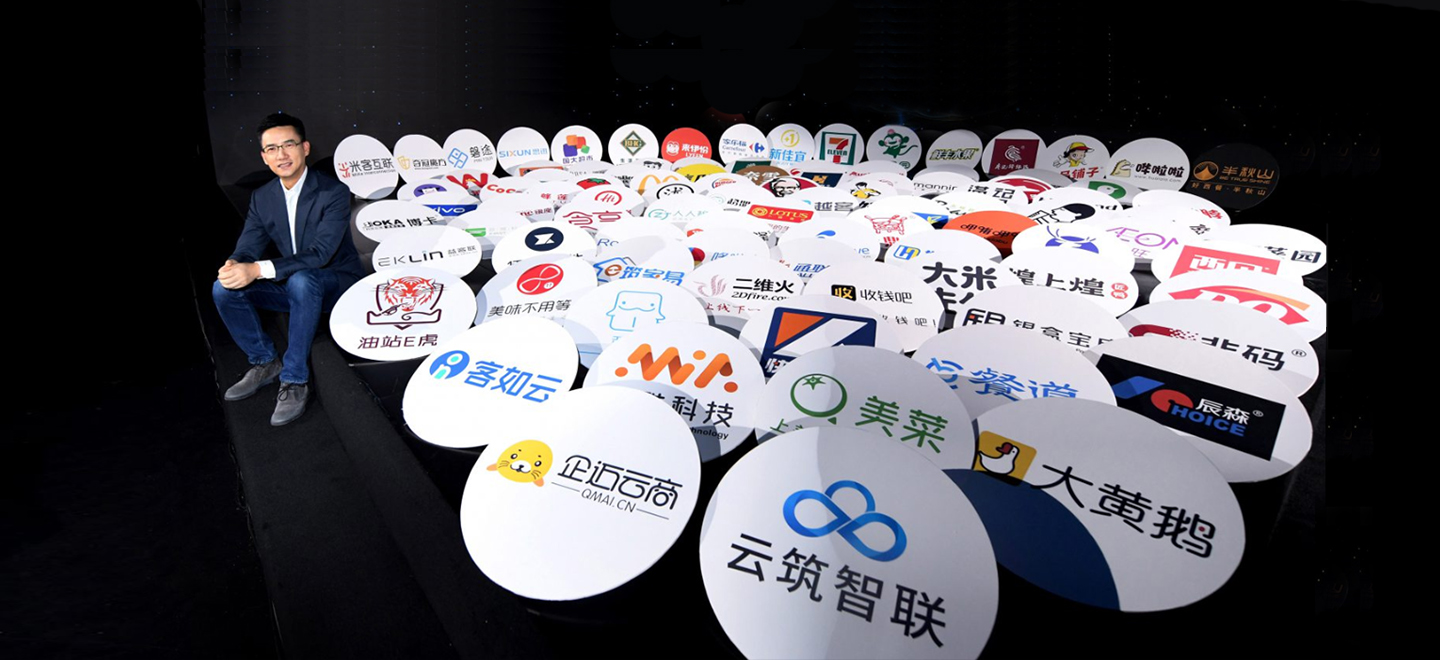In the tech world of chasing exponential growth to grab market share and stay ahead of competitors, Zhu Xiaohu may seem too conservative. In 2019, when many VCs were going through a so-called capital winter, GSR Ventures, which he leads, raised $450m and RMB 1bn in two separate rounds.
“Actually we were offered more, but we chose to limit the scale,” Zhu, whom Forbes regularly names in its annual Midas List as one of the world’s top 100 venture capitalists, said. “I like to maintain the pace of investing $200m–300m every year. It’s risky if we exceed the limit.”
Also known as Allen Zhu, the 46-year-old is based in Shanghai as Managing Director of GSR Ventures, one of only five Chinese VCs in the past decade to have made at least two super deals with returns of over $1bn each. Zhu helped GSR Ventures to become an early-stage investor in unicorns like riding hailing startup Didi Chuxing and Ele.me. Within a decade since 2007 when Zhu joined GSR Ventures, the VC has caught five unicorns after making only 20–30 investments under his conservative stewardship.
Zhu’s investment style is unique. “We have spotted some really good startups, relying on a well-managed team, but Zhu has done it with a team only one eighth of our size,” David Zhang, the founding managing partner of Matrix Partners China once said. “He caught Didi Chuxing, Ele.me and Ofo by fighting alone.”
According to Zhu, it’s because he makes investments "like a sniper instead of a machine-gunner." He only pulls the trigger after scrutinizing the timing, market size, viable business model, cost-effectiveness and many other factors.
“My bar is high," he admitted. "If I have any reason not to invest in a startup, I wouldn’t make the deal.”
Since 2016, for five straight years, Zhu has made Forbes’s Midas List. CB Insights ranked him 13th among its Top 20 Venture Capitalists in 2019. Besides being known for being an early backer of Didi Chuxing, he has also made lucrative exits like on-demand food delivery service Ele.me and livestreaming app Inke. Such early-stage investment vision has helped Zhu earn international recognition as a successful unicorn hunter.
The 3Ss of investing
People who know Zhu often describe him as a man of few words. “I’ve known him for years, and we never spoke for more than half an hour, even over dinner,” said Wang Jipeng, Partner of Oriza Fund of Funds and an early LP of GSR Ventures.
Among startup founders, Zhu is known for seldom talking to one founder for more than 20 minutes. His rejection usually comes very quickly. When asked if he had ever rejected a founder when he only said one sentence, he responded without any hesitation: “Of course. Just the other day, when a founder told me he was developing a navigation system for cars, and at the same time opening brick and mortar car washes, I rejected him immediately. It didn’t make sense to me at all that he was trying to do two unrelated things.”
His investment decisions are also made equally quickly. Didi’s founder Cheng Wei recalled securing the Series A funding in 2012 from Zhu after only half an hour’s chat. Back then, the newly founded ride-hailing startup had trouble raising money from other VCs, and Cheng even wondered if Zhu was a con when he was approached by the investor.
Two years earlier in 2010, Zhu had actually started to believe that ride hailing was a great business. He nearly closed a deal with Didi’s competitor Yidao Yongche, but decided it was too early to make the investment. Yidao was founded in 2010 when the smartphone penetration rate was so low that the startup had to give smartphones to its drivers to enable them to use the app. He looked at three other players in the market before approaching Cheng.
The two shared similar views on the strategic plan for Didi, thinking it was a wiser move to start with the existing taxi market, instead of educating consumers about a new market to provide personal taxi services. “In half an hour, I realized that Cheng’s team knew exactly what to do and what not to do. They also had the right experience for the business. So the deal was locked up in half an hour. We accepted all the terms that Cheng brought up,” said Zhu.
Due to Zhu’s fast-thinking, no-nonsense style, many observers make a mistake by seeing Zhu as someone who invests on a whim. Insiders, however, say his style is actually more about spending time on surveying and aiming, before making decisive choices. “Each year, around 2m startups are founded. We only invest in those with the potential of becoming a unicorn." Zhu has said on several occasions.
Zhu and his team review around 2,000 startups annually. He uses his 3S standard, Significant, Scalable, Sustainable, to identify the market sectors with great potential. He also makes a point to meet all the potential players personally before making a decision.
Not a fan of cash burning
Zhu is also known to be behind nearly all the most fiercely competitive cash-burning markets in China’s startup scene: Didi Chuxing and Kuaidi in ride-hailing, Ele.me and Meituan Dianping in on-demand food delivery, and Ofo and Mobike in bike sharing.
But Zhu has always described himself as a conservative investor. For him, cash burning to get a bigger market doesn’t make any sense, a viable business model is much more important. Recalling Didi’s cash-burning competition with Kuaidi that later merged with Didi, Zhu said, “Honestly if we knew it would turn into a cash-burning competition, we might not have invested in it. But when the war started, no one dared to stop. Whoever stopped first would be out of the game."
As a result, he decided to exit from Ofo before the battle for market share began. Founded as a campus project in September 2015, Ofo secured Series A funding in February 2016 from GSR Ventures that also joined two further funding rounds for Ofo within the same year. Zhu believed that the business would be profitable when making the early investment rounds.
“Even with the bike theft and damage, Ofo actually had a great business model that could recover the cost in three months," he said. "Although the market for shared bikes on campus was not that big, it was a proven market.”
But Ofo refused to merge with Mobike in 2017 and also rejected the acquisition offer from Didi. Ofo’s strategy to expand outside campus, to capture new markets by deploying thousands of bikes in other cities, was like joining another cash-burning race against a dominant player Mobike. Zhu’s GSR Ventures sold all its equity in Ofo within one month. “We respect the founder’s choice but we are financial investors. If you continue [the cash-burning competition], we have no choice but to exit,” said Zhu.
Ofo went on to attract more investors like Alibaba, securing the record high $866m single-round funding in the bike-sharing sector in March 2018. But all the cash couldn’t sustain Ofo’s ambitious expansion to over 250 cities across 21 countries. The company is now on the brink of bankruptcy with tens of millions of users still waiting to get their deposits back. Zhu’s GSR Ventures was said to be the only investor that actually netted a profit from the loss-making startup.
From failed startups to tracking unicorns in China
Zhu is a telecoms graduate from Shanghai Jiaotong University and completed a master’s in International Economics at Fudan University. He used to attribute a big chunk of his unicorn-hunting success to luck. China’s tech giants, including decacorns with valuations of over $10bn, were founded between 2005 and 2015. In a way, Zhu was lucky to become a venture capitalist at the right time, circa 2007. On hindsight, his success is mainly due to his decisive action to change tack when the timing is right.
China only began experiencing the rise of the Internet age from 1997 to 2000. “Everyone was trying to start internet companies and copy business models from the US," Zhu recalled. In 2000, he left McKinsey Greater China where he worked as senior consultant to co-found eBaoTech to sell insurance online. He felt that the time was right for internet companies to thrive.
Tech giants Tencent, Alibaba and Baidu were founded just a little bit earlier, but Zhu’s business did not take off. Commercial insurance was not widely accepted by locals and eBaoTech soon pivoted into a developer of insurance back-end systems. In 2007, Zhu was invited by a friend to be a VC partner and he made another career gamble.
“In 2006–2007, the internet penetration rate spiked to reach around 20% in 2007," Zhu said, predicting the tipping point was coming. "That’s the best time. For those who started internet companies, they could get double the results with half the effort.”
After a few unprofitable investments, he reached another career milestone – the rise of mobile internet. “During 2009–2010, smartphones achieved a penetration rate of 20%. This time round, with experiences both as founder and investor, Zhu was ready for his biggest career transformation.
Today, Zhu is one of the most successful investors in consumer tech. In 2018, he started unicorn-hunting in new markets like enterprise tech. “Right now, China’s enterprise tech companies only account for 1% of the valuations of their US peers in total, lagging behind for 10 years," he said. "If China’s SaaS companies could reach one third, or even one fifth, of these valuations, that would mean a huge opportunity.”
Zhu has already placed his bets. Half of Zhu’s VC funds have been pumped into enterprise tech startups by the end of 2019.













